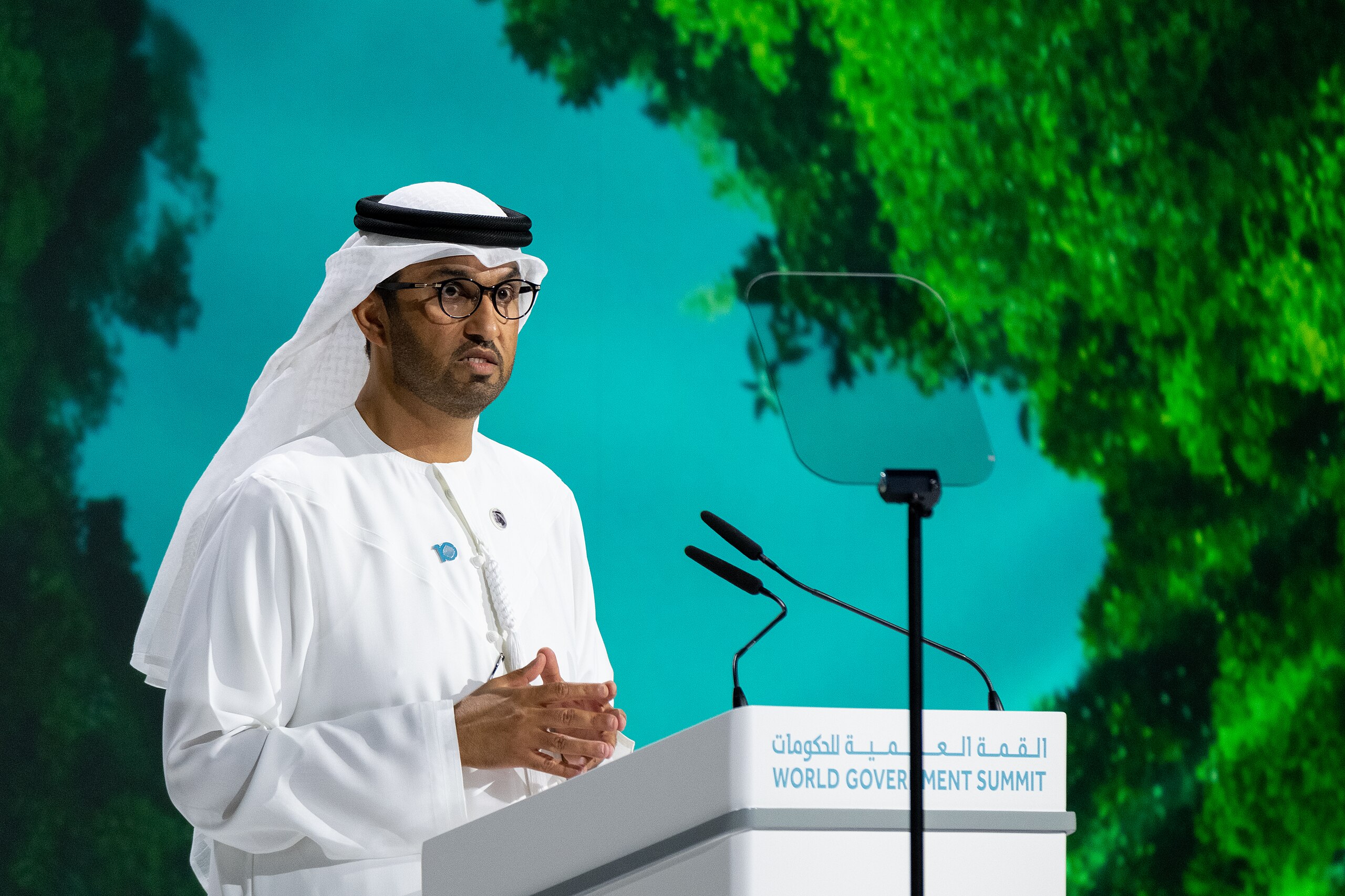The host country of the UN climate summit wants to increase oil production by 42% by 2030, and should produce nearly 36 billion barrels by 2050.
This means that the UAE will increase its annual production from more than one billion barrels to nearly 1.5 billion barrels.
Production will continue to accelerate throughout the 2030s, and should begin to decline in 2040. In 2050, production is expected to reach about 850 million barrels per year, below current levels.
Saudi Arabia alone expects to increase production between 2023 and 2050, with state oil company Saudi Aramco producing 100 billion barrels by 2050, according to data from Rystad Energy, compiled by Global Witness.
Another controversy at this summit: The UAE is the first major oil producer to get a COP. Meanwhile, summit chairman Sultan Al Jaber takes over as president of the state oil company ADNOC. But there are more disagreements (see text below).
ADNOC plans to produce more oil than any of the five giant global companies: ExxonMobil, Chevron, Shell, BP, and Total Energies.
ADNOC’s production alone (36 billion barrels by 2050) is approximately 50% higher than the combined production estimates of Shell, BP and Total: 24 billion barrels.
“ADNOC is seeing a significant increase in its production in the short term, making it a major global producer,” said Global Witness, noting that among the 30 largest global producers, only Petrobras (47%) expected a higher increase than ADNOC (41%).
In response, the UAE’s state oil company said the forecasts only show the capacity to produce oil.
The UAE wanted to discuss oil contracts during COP28
This news comes at a time when reducing fossil fuel consumption is being discussed at COP 28 and after the event began in the shadow of controversy: The UAE government aims to use its role as host to discuss oil and gas contracts, the BBC has revealed.
Documents prepared by the UAE team, which has already denied this intention, to hold meetings with 27 foreign governments during COP 28, stipulate talks with China where it will be revealed that the UAE’s state oil company, ADNOC, “is prepared to evaluate international opportunities.” “. in liquefied natural gas (LNG)” in Mozambique, Canada and Australia.
On the other hand, the UAE expressed its willingness to inform a Colombian minister that ADNOC is “ready” to support Colombia’s desire to explore the fossil resources of the South American country, and officials also expressed their willingness to transfer this support for oil and gas exploration to 13 other governments. Including Germany and Egypt. The meetings will also explore business opportunities for the state-owned Masdar Renewable Energy Company, through 20 meetings with the governments of the UK, USA, France, Germany, Brazil, China and others.

“Hardcore alcohol maven. Hipster-friendly analyst. Introvert. Devoted social media advocate.”

